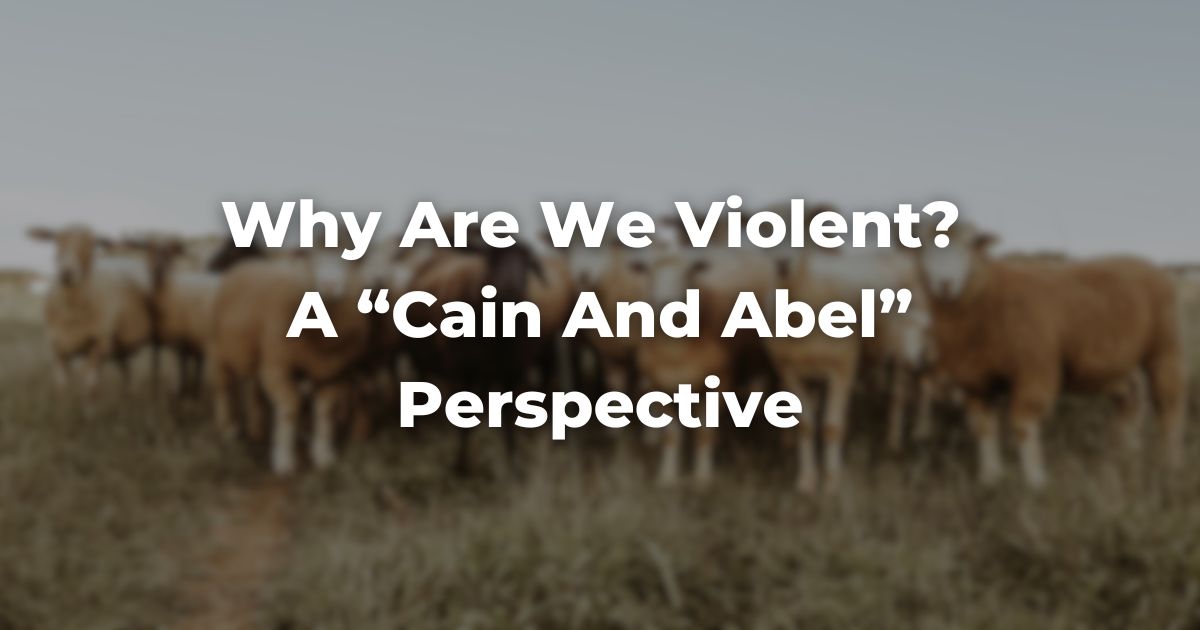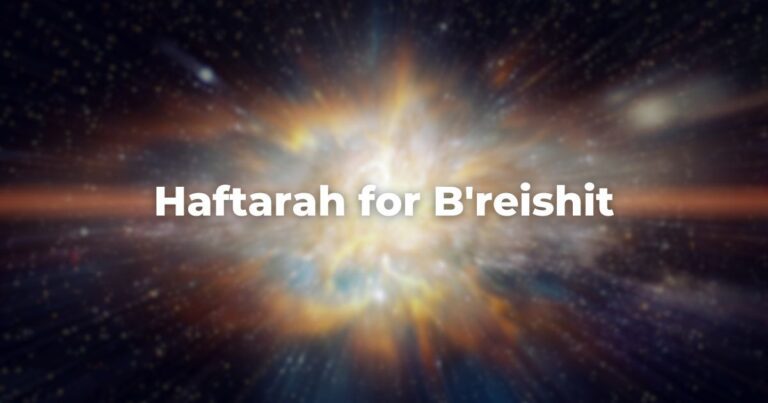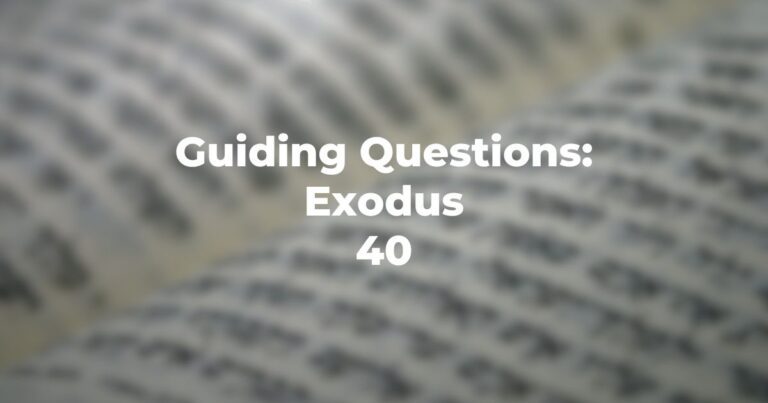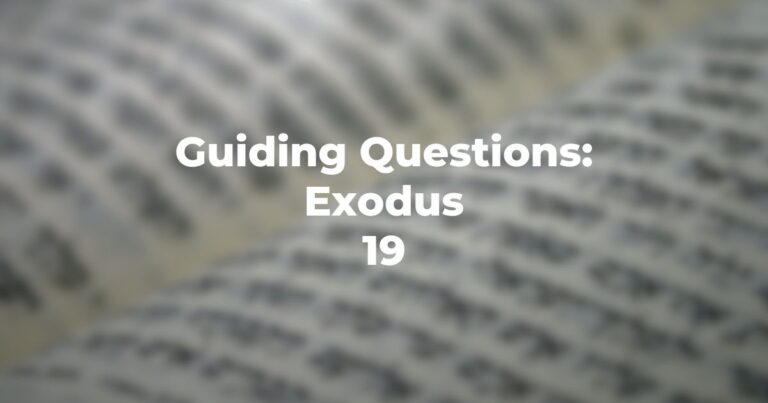The biblical story of Cain and Abel is a cautionary tale about sibling rivalry and jealousy that leads to fratricide. As a foundational legend, it addresses the origins of that darkest of human realities, the violence that we inflict on each other within our nuclear, extended, communal, national, and global human families.
The tale’s extraordinary complexity isn’t well known beyond its bare outlines. Its sixteen terse verses in Genesis 4, difficult Hebrew, and enigmatic storyline leave us with more questions than answers. One of the most frustrating and intriguing examples of this complexity is Genesis 4:8:
Cain said to his brother Abel… and when they were in the field, Cain set upon his brother Abel and killed him. (JPS translation)
The immediate problem in this verse is emphasized by the ellipsis, the three dots denoting something missing from the text that our translation has inserted. What did Cain say to Abel? Were there words that led to the murder?
The sparse narrative preceding this verse, Genesis 4:1-7, addresses two weighty matters all too briefly: Cain’s dark envy of his brother whom God seems to favor over him; and God’s vague, indirect warning to him not to give into his impulses and harm Abel.
At no point in the story does Abel speak (though God later tells Cain that Abel’s spilled blood is crying out from the ground). At no point in the story do the brothers speak to each other. The gap in our verse fires our imaginations with possible backstories about the brothers’ interactions before Cain deals Abel the final, fatal blow.
Our rabbinic Sages of the Talmudic period filled in this textual gap with fascinating narratives of their own, each an instructive morality tale or spiritual insight. My favorite rabbinic tale about Cain and Abel’s missing discussion is this one:
What were they quarreling about? They said: ‘Let’s divide the world between us.’ Cain the farmer took the land and Abel the shepherd took the movable property. Cain said: ‘The land on which you’re standing is mine.’ Abel said: ‘What you’re wearing is mine.’ Abel said: ‘Take off your clothes (since they come from the wool of my sheep).’ Cain said: ‘Fly (off the land which is mine).’ As a result [they fought and]: “Cain set upon his brother Abel and killed him.”
(An alternative explanation): Both took the land and both took the movable property. Regarding what, then, were they quarreling? Cain said: ‘The holy Temple of Jerusalem) shall be built in my domain,’ and Abel said: ‘The Temple shall be built in my domain,’ As a result [they fought and]: “Cain set upon his brother Abel and killed him.”
(An alternative explanation): They were quarreling over [who would wed] their mother, Eve.
(An alternative explanation): A twin sister was born with Abel. Cain said: I‘ll take her, since I’m the firstborn.’ Abel said: ‘I’ll take her, since she was born with me.’ As a result [they fought and]: “Cain set upon his brother Abel and killed him.”
(MidrashThis word is used in two ways, as both a concept and a literature. As a concept, midrash is the expansive interpretation of biblical texts. The term is used to describe the practice of rabbinic interpretation. As a text, it refers to specific collections of interpretations, particularly from the third to ninth centuries in the Land of Israel and Babylonia. Plural: Midrashim
Read more Genesis Rabbah 22:7, Sefaria translation with my modifications.)
This backstory explains the possible arguments over property ownership, religious supremacy, and sexual control that destroyed the first siblings’ relationship and led to Abel’s brutal murder.
As I wrote in Peace is Great, we need not take any of these stories literally in order to take them quite seriously. The rabbinic Sages are using these imaginative explanations (based upon scriptural interpretations, which I have left out) to teach a critical lesson.
The biblical story takes place after God expels Adam and Eve from the Garden of Eden for consuming the forbidden fruit from the Tree of Knowledge. They and their two sons, Cain and Abel, now have limitless knowledge and no boundaries on their impulses. They don’t yet have laws or social constraints. Without civilization founded upon commitments to the greater good of society, their family — a symbol for all families — becomes a waking nightmare of hatred and violence. Cain and Abel’s tale becomes our potential reality.
Acquisitiveness, religious righteousness, and sexual desire are not bad things in themselves, but they lead to evil results when left unchecked. When the Sages’ explore and expand the grotesque use of incest, sexual competition, and coercion within a family in the Midrash, they demonstrate how dangerous our impulses can be without rules, boundaries, and civilization.
These backstories allude to another insight: it is easy to victimize someone else when we convince ourselves that we’re the real victims.
In the first vignette, neither sibling can contemplate that land and property can be shared and that ownership isn’t an inherent right to be defended at all costs. The second vignette emphasizes this same idea regarding divine favor: “God’s holy Temple could only be built on my property because God loves me the best!” In the final vignette, both brothers justify the dark expressions of their raw sexual desire with self-justifying rationales: “I deserve the twin sister, because I’m the firstborn! I deserve her because she’s my twin!” Of course, neither brother gives a thought to their hapless sister (or Eve their mother) who will become the true victim of their predations.
Through storytelling rather than lecture, our Sages alert us to the dangers of our impulses when we fail to control them. They warn us how easily our grievances, fear, self-pity, and self-righteousness can turn us from self-perceived victims into victimizers, as we turn our sisters and brothers into “others” worthy of destruction. They echo God’s warning to Cain (Genesis 4:7) that his envious rage makes him vulnerable to “sin which is crouching at the door.”
They remind us that the answer to Cain’s rhetorical and cynical question, “Am I my brother’s keeper?” is a resounding, “Yes, you are.”
Author
-

Dan Ornstein is the rabbi of Congregation Ohav Shalom, a writer and a teacher living with his family in Albany, New York. He is the author of Cain v Abel: A Jewish Courtroom Drama (Jewish Publication Society, 2020). Check out his website at www.danornstein.com
View all posts






